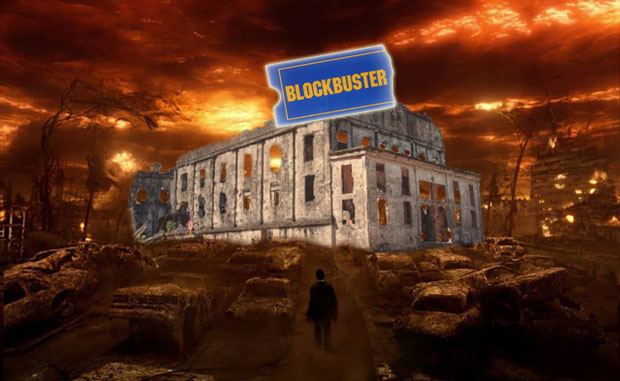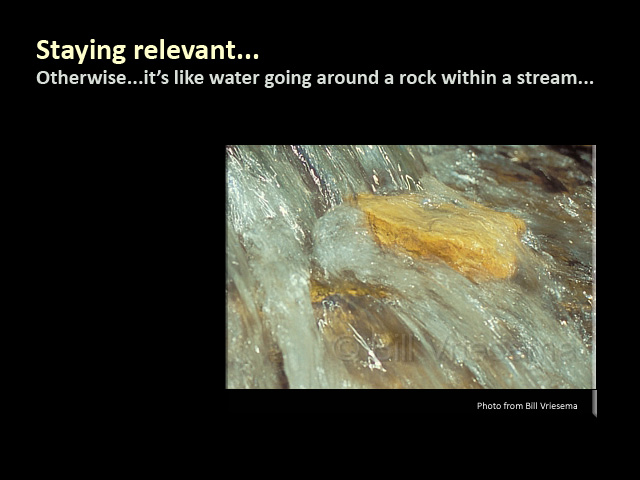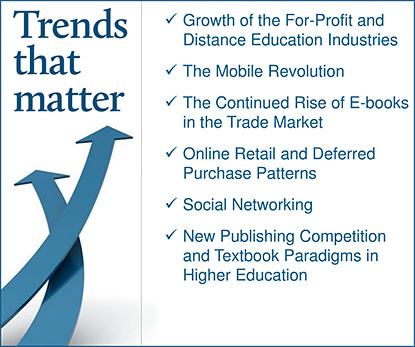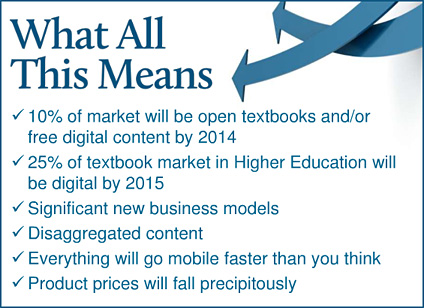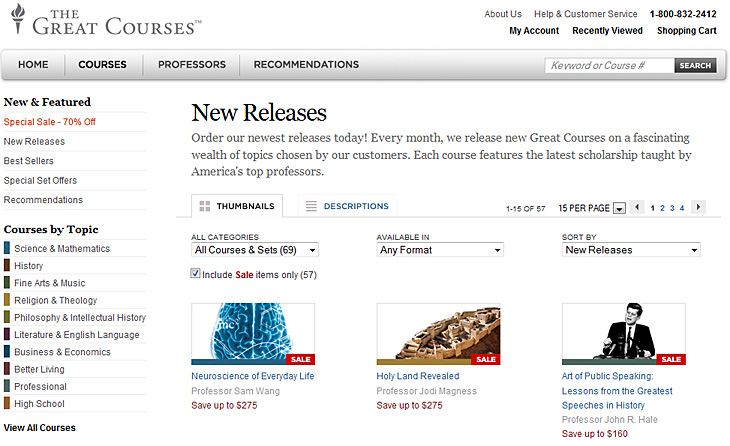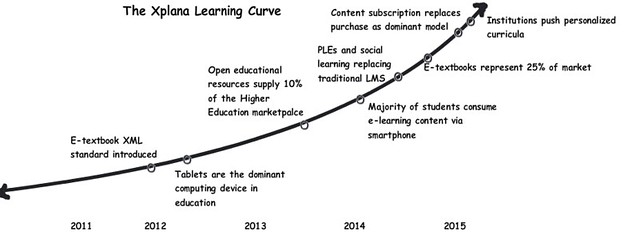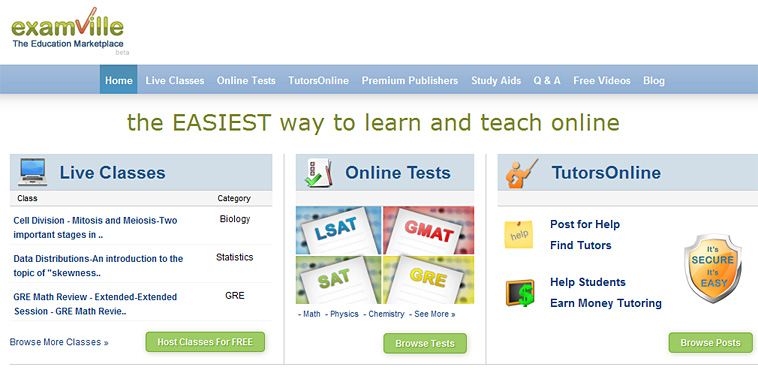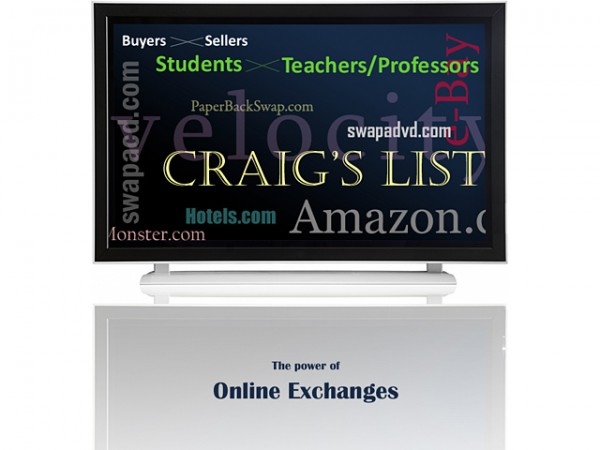Pearson & McGraw-Hill make multi-million dollar investment in Inkling — from Kirsten Winkler
It seems as if the latest study from Xplana in which they predict that the tipping point for digital textbooks is as near as 2015 has opened up the wallets of two major publishers for an undisclosed “multi million Dollar” investment.
Inkling, the maker of the iPad application and platform which delivers enhanced and engaging textbooks, leaving the “flat, PDF-based digital textbooks” behind is the beneficiary and it could give the startup a competitive edge over the well funded competitor the Kno.
But as money is not everything Inkling, Pearson and McGraw-Hill also made some significant content commitments, boosting the number of titles available on the Inkling platform…
Also see:
- Publishers Invest in Inkling, Producer of Digital Textbooks — from The Chronicle by Josh Keller
- Digitizing an Industry
 Matt MacInnis — Founder and CEO, Inkling
Matt MacInnis — Founder and CEO, Inkling









